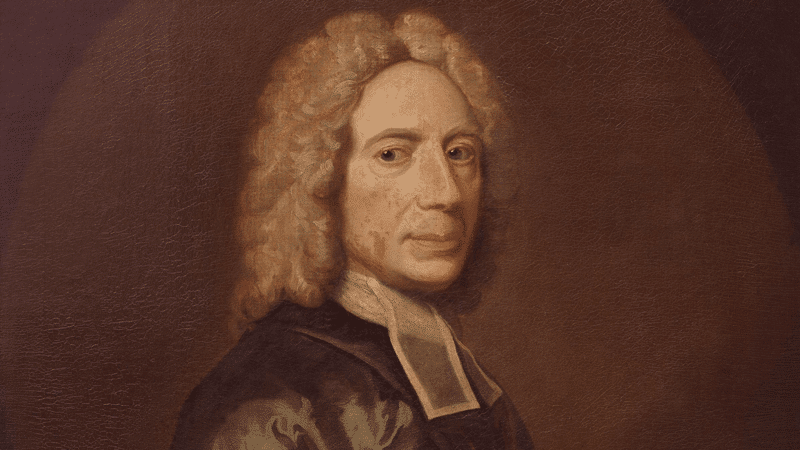On This Day: Anniversary of Isaac Watts’ death

On 25 November 1748, the father of English hymnwriting, Isaac Watts, died at the age of 74.
Watts was prolific in his time, writing around 750 hymns during his life, many of which are still sung today in churches around the world and at national events.
His life is even commemorated by the Church of England on the anniversary of his death in its official calendar, and there is a memorial to him at Westminster Abbey.
Yet in Watts’ time, he suffered for his faith at the hands of the state, and by the established Anglican church which now thanks God for his life.
Non-conformist
Watts’ father, also called Isaac, was a non-conformist during a time when everyone was required to attend Anglican services, and could be fined for failing to do so.
On several occasions, as a deacon of the Above Bar Congregational Church in Southampton, his dissent was considered serious enough to warrant a prison sentence.
He was imprisoned in 1674 when his son was an infant. Following a second six-month sentence in 1683, he was sent away from wife and family to live in London for two years. Young Isaac was just nine years old.
A godly man, Watts Snr wrote to his children imploring them to devote themselves to reading the Bible and delight in its truths, and to obey their mother and “not grieve her by any rebellious or disobedient ways”.
He also cautioned his children against becoming angry at God for the persecution they faced for non-conformity.
He wrote: “Do not entertain any hard thoughts of God, or of his ways, because his people are persecuted for them.
“For Jesus Christ himself was persecuted to death by wicked men, for preaching the gospel and doing good, and the holy apostles and prophets were cruelly used for serving God in his own way.”
University challenge
Religious liberty improved as Isaac grew up, yet despite being well-educated, he was still unable to attend university. Only Anglicans were permitted to pursue higher education.
While he overcame the obstacles placed before him by the state, leaving a lasting legacy as one of the fathers of English hymn-writing, Watts knew the importance of religious liberty, and how frail it could be.
In the 17th and 18th centuries, the state was heavy-handed in how it treated those who did not agree with the orthodoxy of the day, and there are hints of a new secular oppression in universities today.
Felix Ngole was a student at Sheffield University where he was training to be a social worker. When he said on Facebook that the Bible teaches that homosexuality is sinful, he was kicked off his course.
A court eventually found that his treatment was unlawful, but it took a four year battle for his views to be seen as being compatible with being a social worker.
Some universities have also been extremely intolerant to student groups with pro-life views, at times banning them from receiving funding, being able to book meeting rooms and have a stall at Freshers’ Fayres.
And people, regardless of their faith, have been no-platformed if they hold ‘unacceptable’ views on the likes of transgenderism or same-sex marriage.
State-approval
This increasing opposition to orthodox Christian views is concerning.
In some US states, legislators have made attempts to require pastors to submit sermon notes for state-approval, with consequences for those who do not conform to the state’s view. So far these attempts have been largely unsuccessful.
But how long before such ideas come to the UK?
Like Isaac Watts, many believers throughout history have not enjoyed the religious liberty we take for granted today, and so it is vital that Christians earnestly contend for their freedoms.
